The COVID 19 pandemic is severely restricting public life. State-imposed contact bans, curfews, school closures and home office recommendations are shifting many areas mainly to digital. The networks are stable, the digital infrastructures can withstand the higher loads.
Data centers are system relevant
The fact that data centres are essential for the functioning of society, the economy and public order is once again becoming apparent in these times of crisis. Data centers are relevant to the system, not necessarily only from 5 MW IT performance / year, as the KRITIS definition evaluates it. Santa Clara and the UK explicitly declare data center employees as systemically relevant in the Corona pandemic - combined with the right to childcare and the right to go to work despite exit restrictions. Across Europe, the data center industry is not officially recognized by the government as part of critical infrastructure. GDA's cooperation partner the Dutch Data Center Association, together with the European Data Centre Association, is pursuing the goal of having the data centre sector recognised as Crucial Industry.
Disadvantageous conditions in international comparison
In contrast to the high value for society, the general conditions the industry is confronted with in Germany. German data centers are designed to be secure, reliable and sustainable. Science, research and designers are constantly striving to make data centers even more energy efficient. While other European governments are proactively improving the framework conditions for the data center industry (e.g. Norway), operators of German data centers - in contrast to other energy-intensive industries - have to pay the full Renewable Energies Act levy (EEG-Umlage) on the electricity consumed. "With the argument that services provided in data centers - unlike the manufacturing sector - would not be in international competition," explains Jens Peter Müller, Vice Chairman of the GERMAN DATACENTER ASSOCIATION.
While the basic prices for electricity are similar throughout Europe, the electricity costs of German data centres are up to six times higher than those of their European competitors due to taxes, charges and network fees. Electricity accounts for around 50% of the operating costs of German data centres. This weakens the competitiveness of German data centres immensely.
Müller fears an outflow of services and data abroad: "After Corona, every medium-sized company will have to actively think about its digital strategy and digital readyness. However, if this leads to exploding electricity costs for the data center in the event of outsourcing from a self-operated data center to a Colo data center, he may prefer platform offers from US providers. There it is again: the international competition - with unequal signs.
Digital sovereignty indispensable
Independence from foreign Internet companies is recommended in any case, since control over data protection and IT security is highest in the own country.
This digital sovereignty must be strengthened with improved framework conditions for data center operators in Germany.




![[Translate to Englisch:] CyrusOne](/fileadmin/images/logos/CyrusOne_hz_1c_pos_rgb.png)
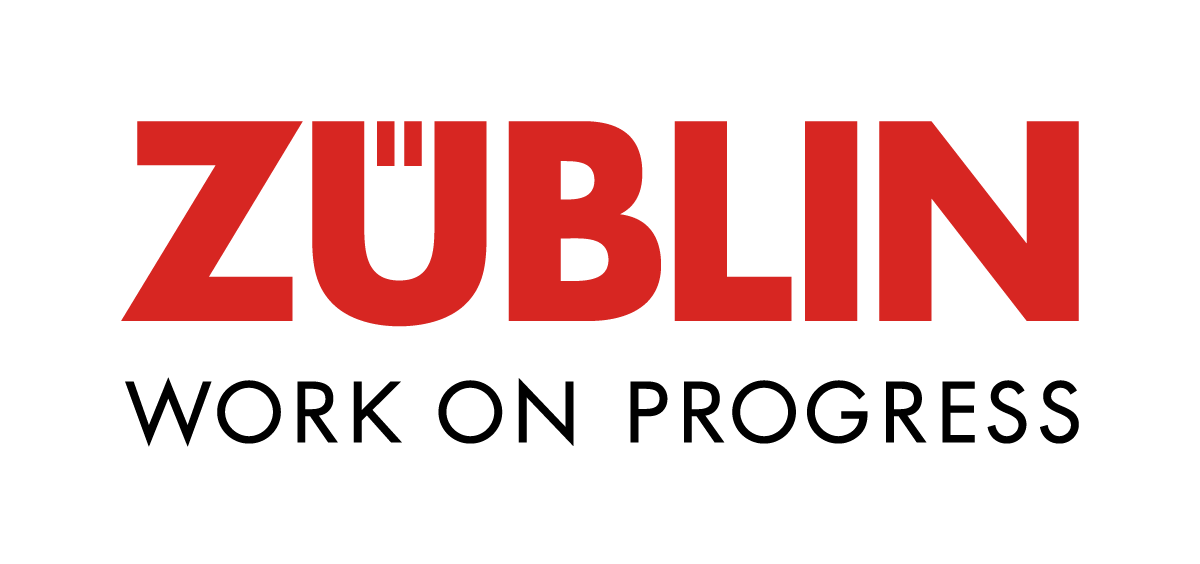
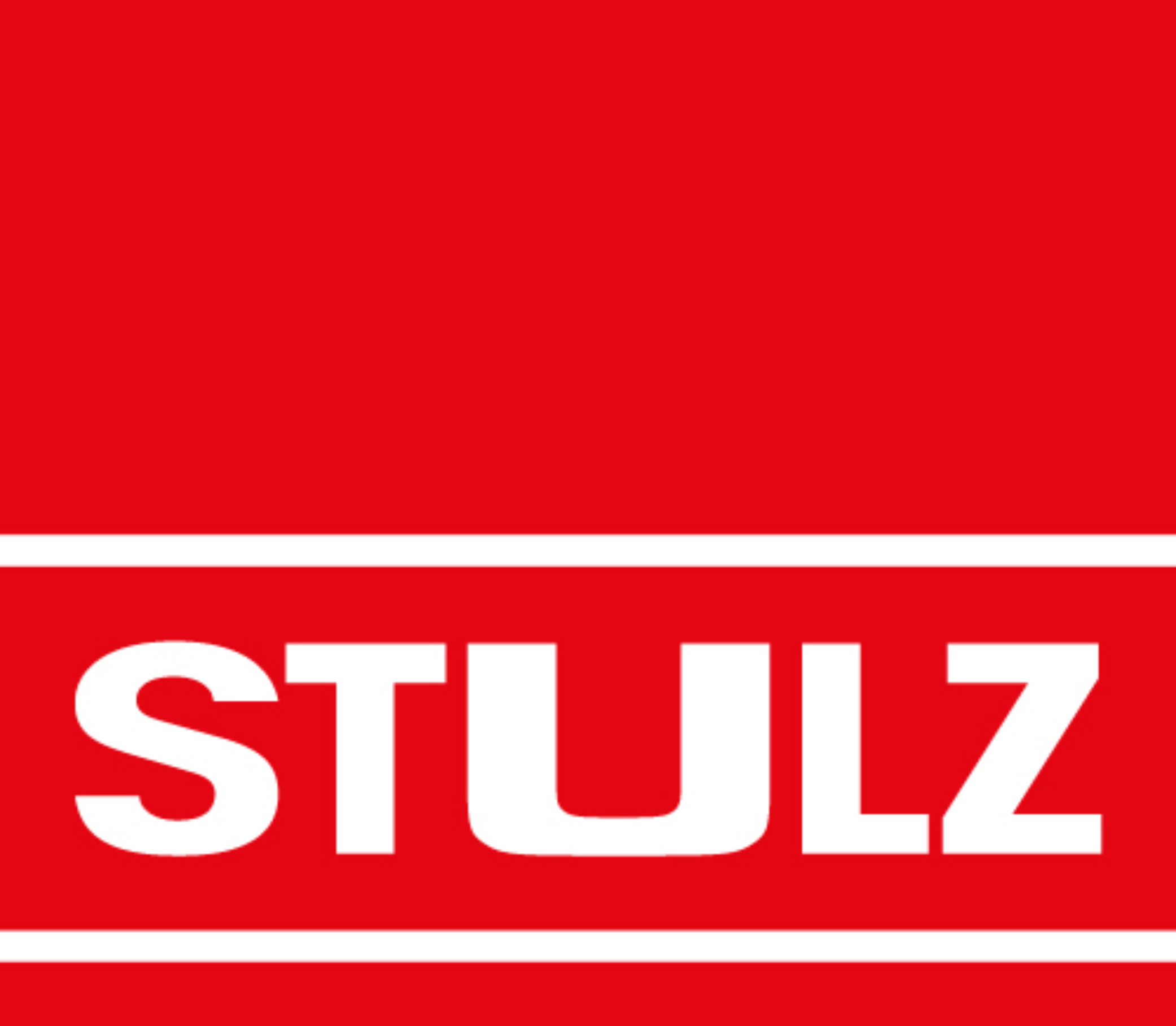





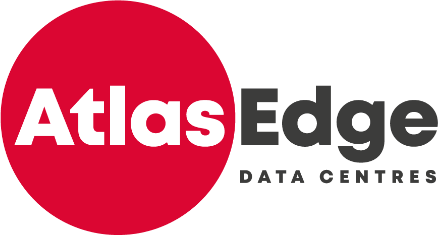
![[Translate to Englisch:] atNorth](/fileadmin/images/logos/atNorth-400px.png)

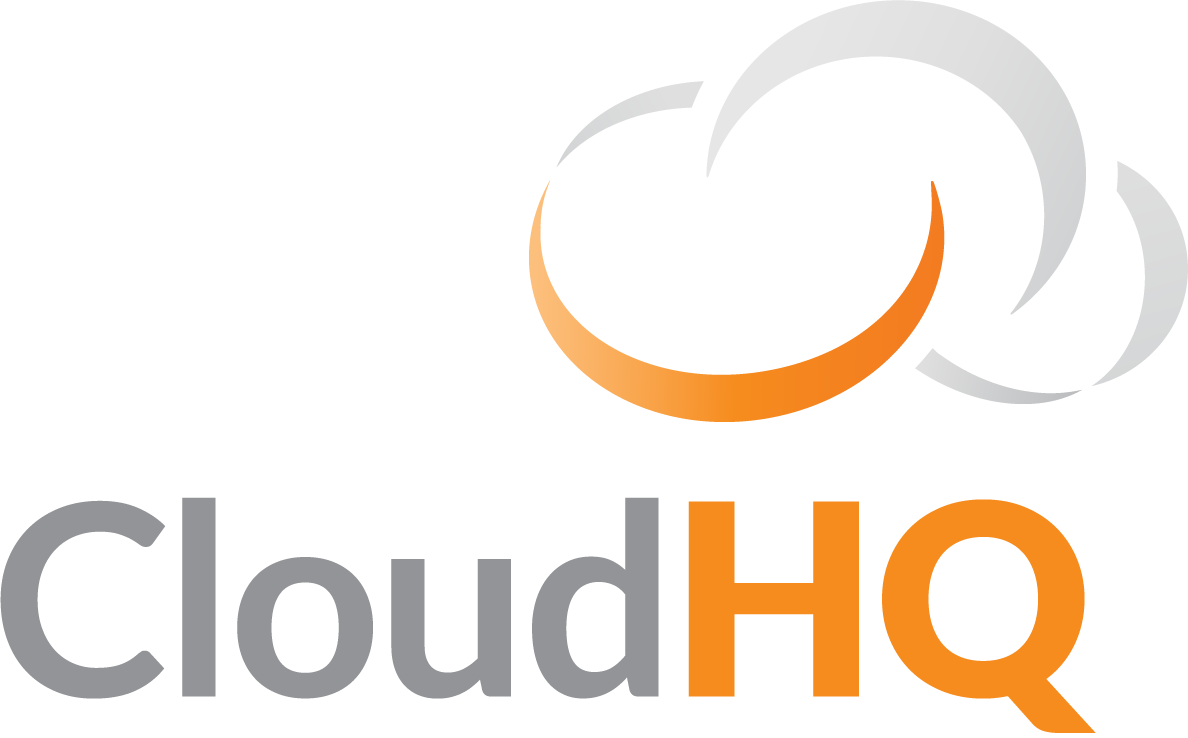
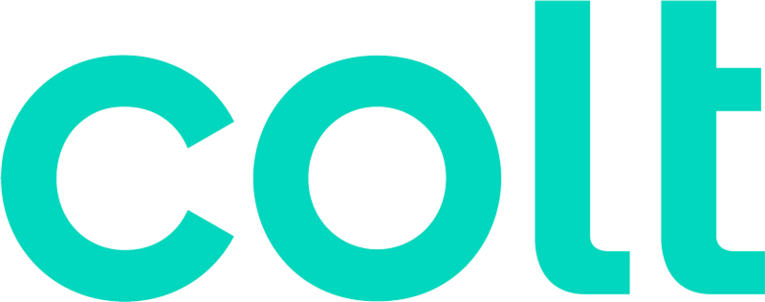
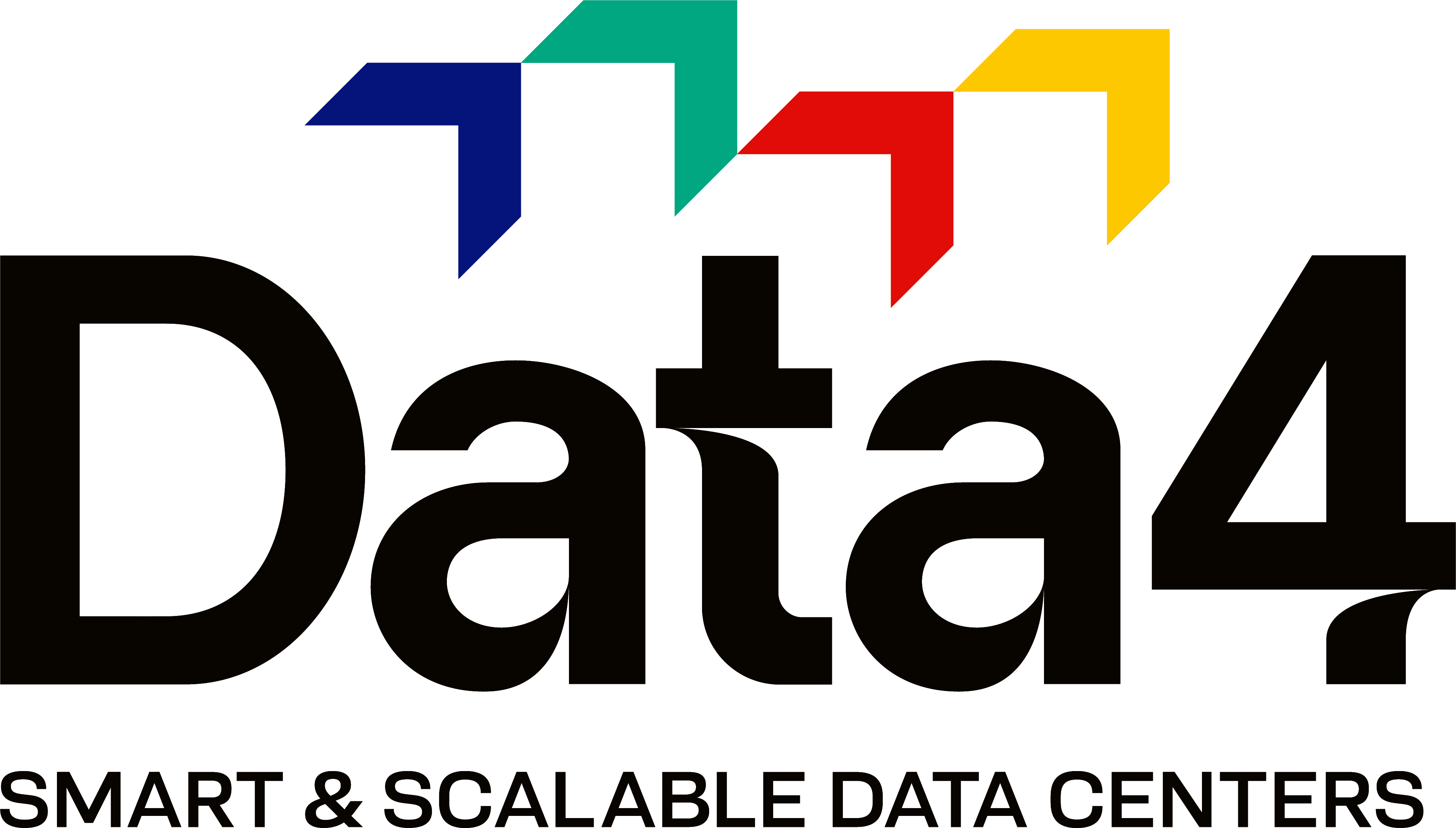
![[Translate to Englisch:] Datacenter One GmbH](/fileadmin/images/logos/DC1-Logo.svg)
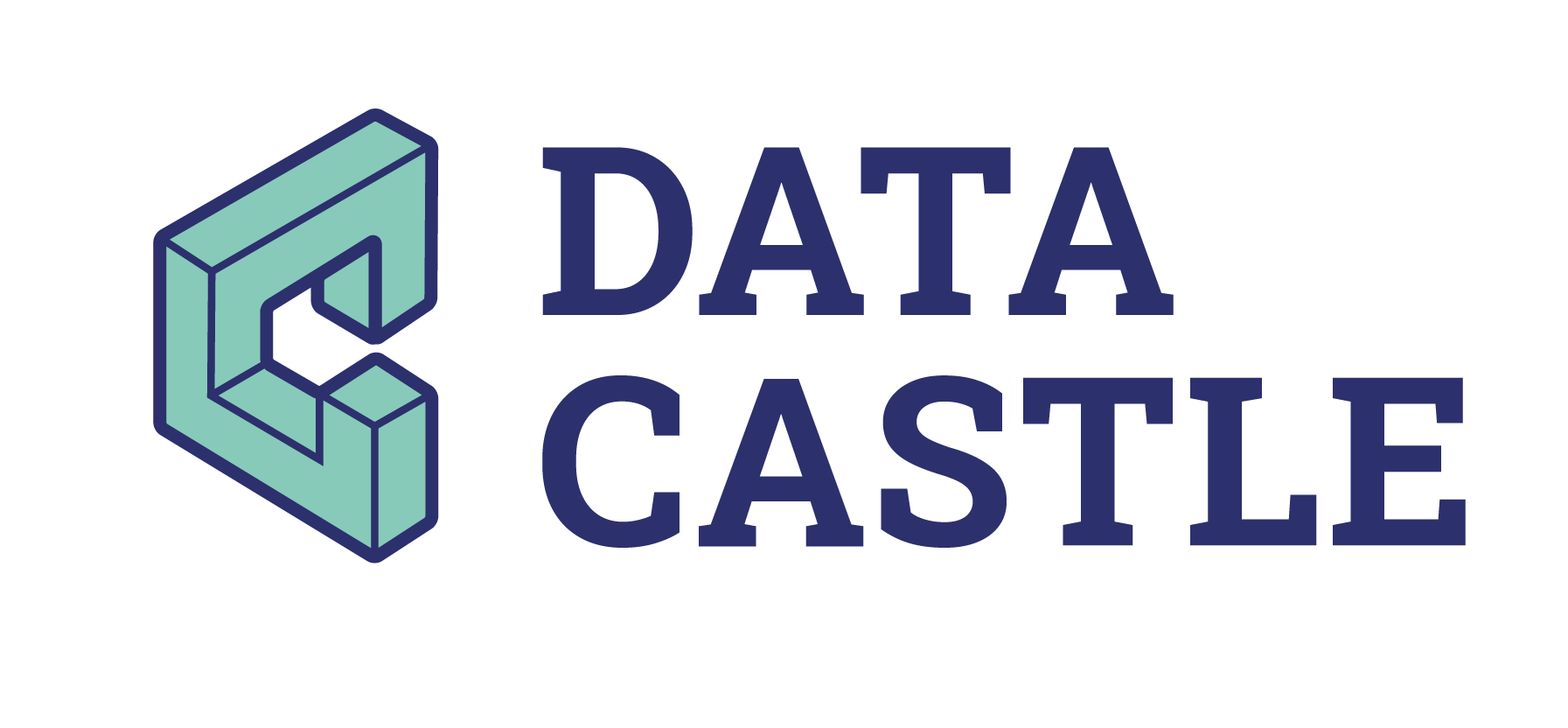

![[Translate to Englisch:] Equinix](/fileadmin/images/logos/EQIX-CircleR-RGB__1_.png)
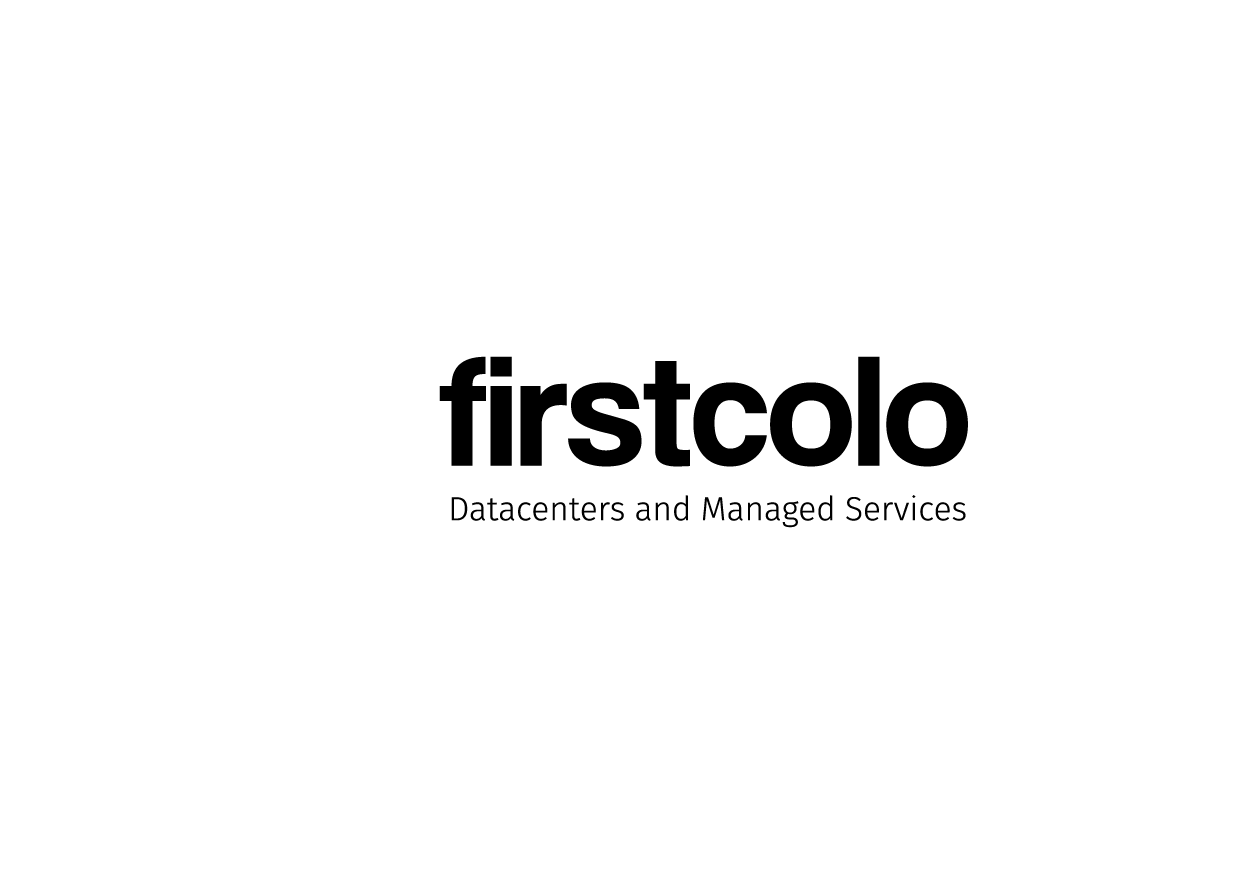

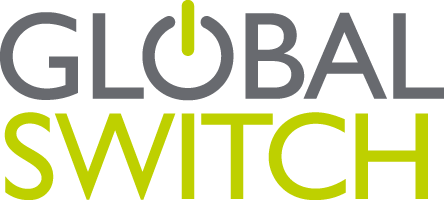


![[Translate to Englisch:] GRASS-MERKUR GmbH & Co. KG](/fileadmin/images/logos/GrassMerkur-1.png)


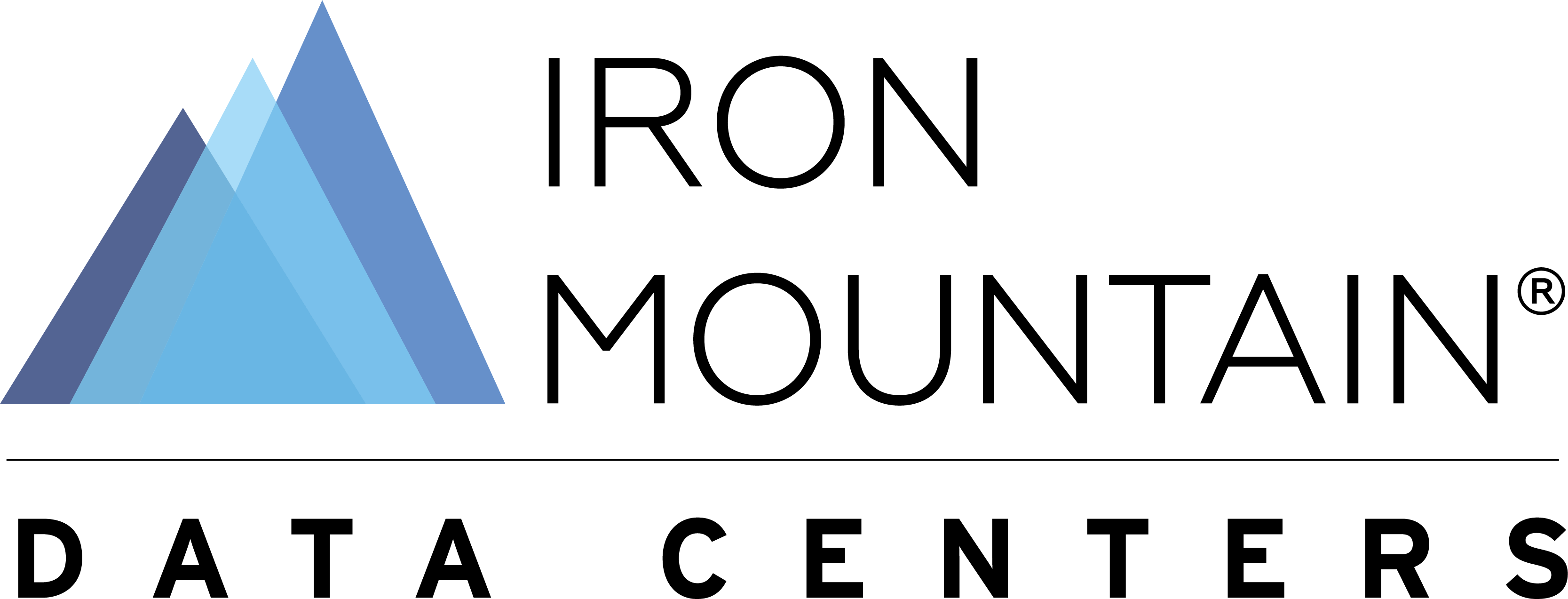
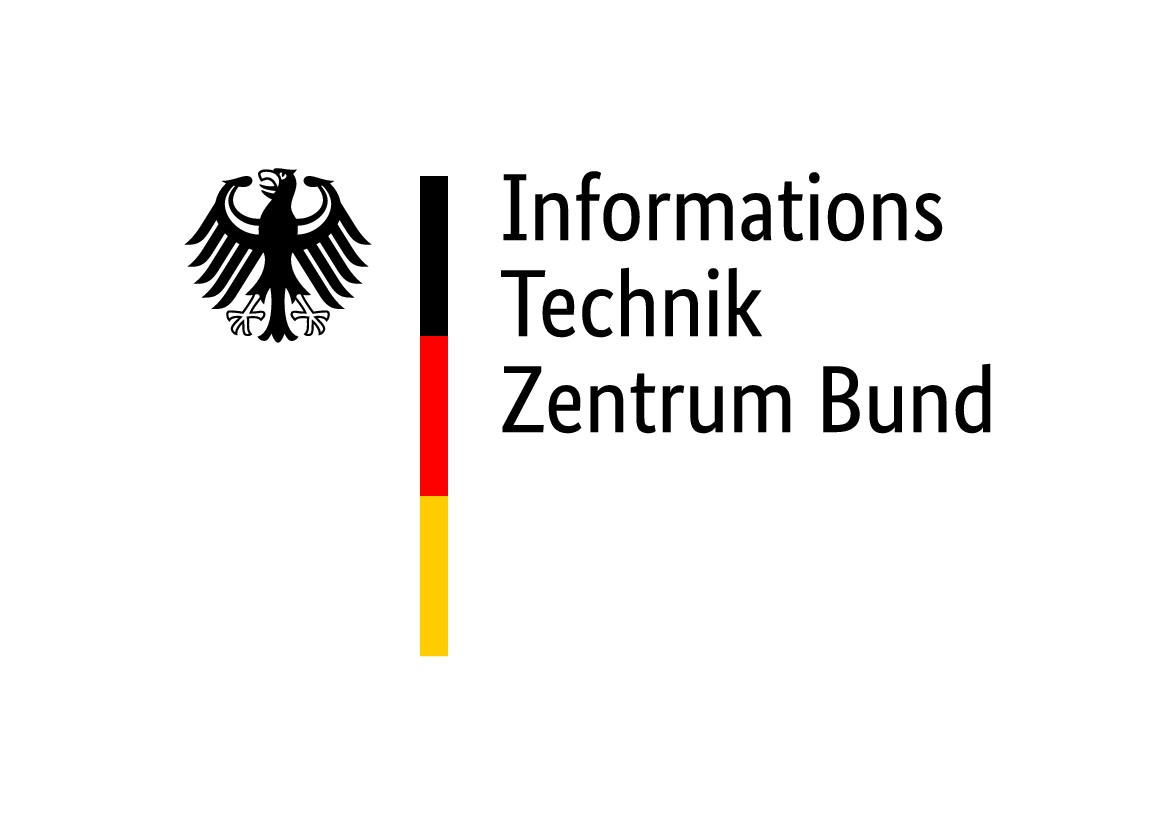

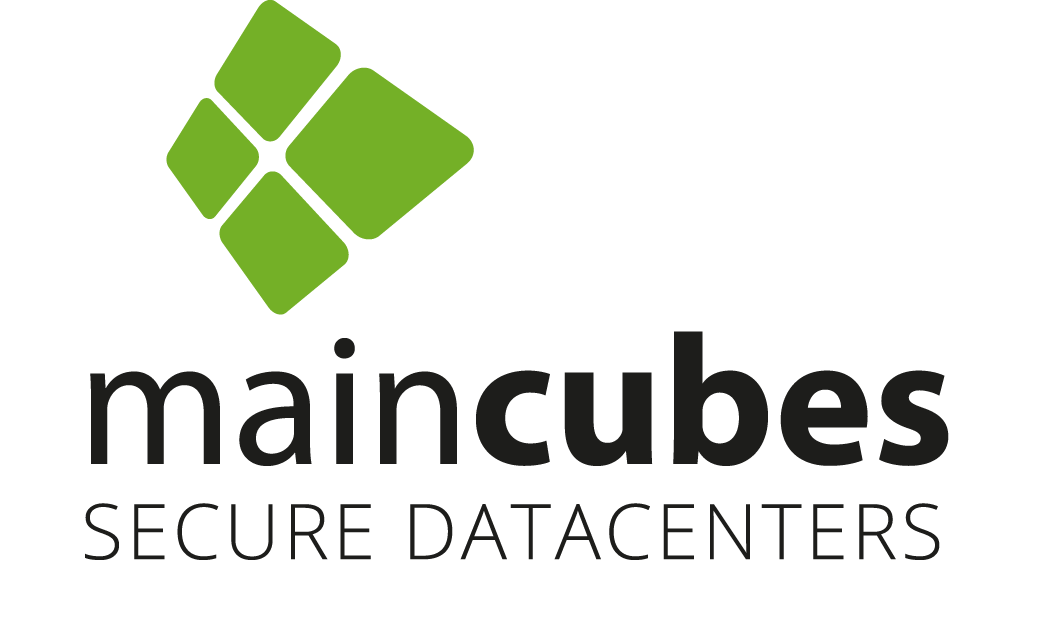
![[Translate to Englisch:] Mainova Webhouse GmbH & Co. KG](/fileadmin/images/logos/200917_MNV_WebHouse_RGB_pos.png)
![[Translate to Englisch:] NDC-GARBE Data Centers Europe GmbH NDC Garbe Datacenters Europe](/fileadmin/images/logos/logo-ndc-blue.svg)
![[Translate to Englisch:] NewTelco](/fileadmin/images/logos/NewTelco_LOGO.png)



![[Translate to Englisch:] rockenstein AG](/fileadmin/images/logos/rockenstein.png)
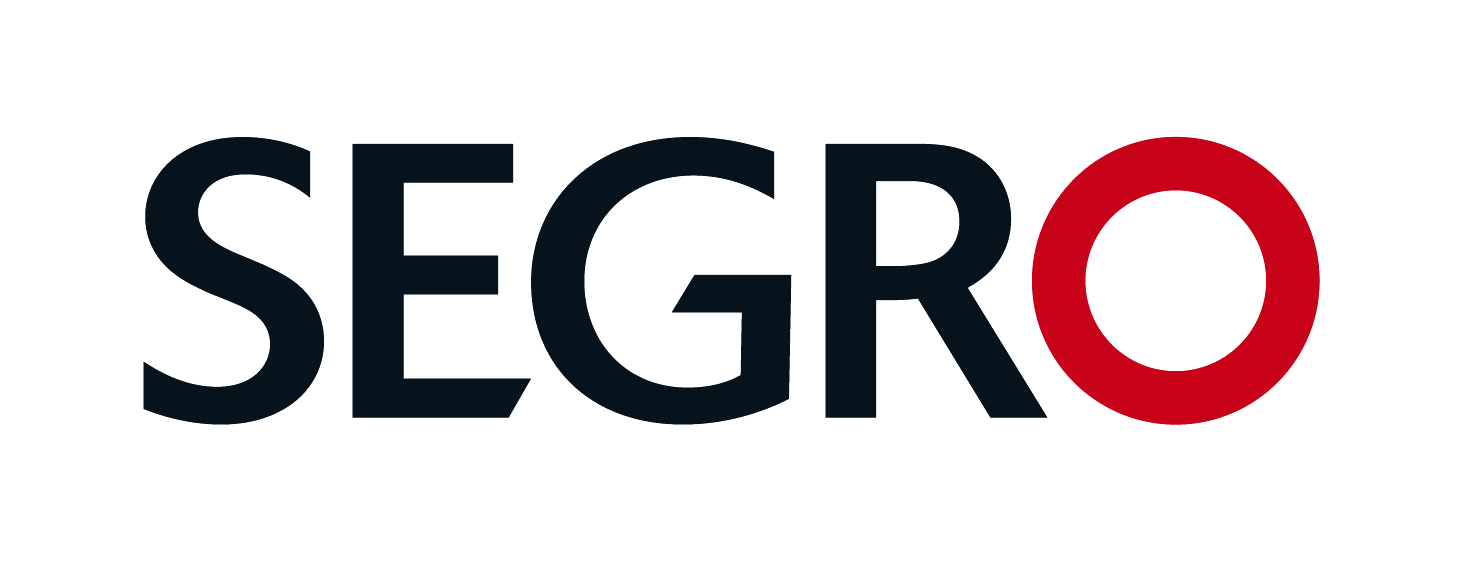

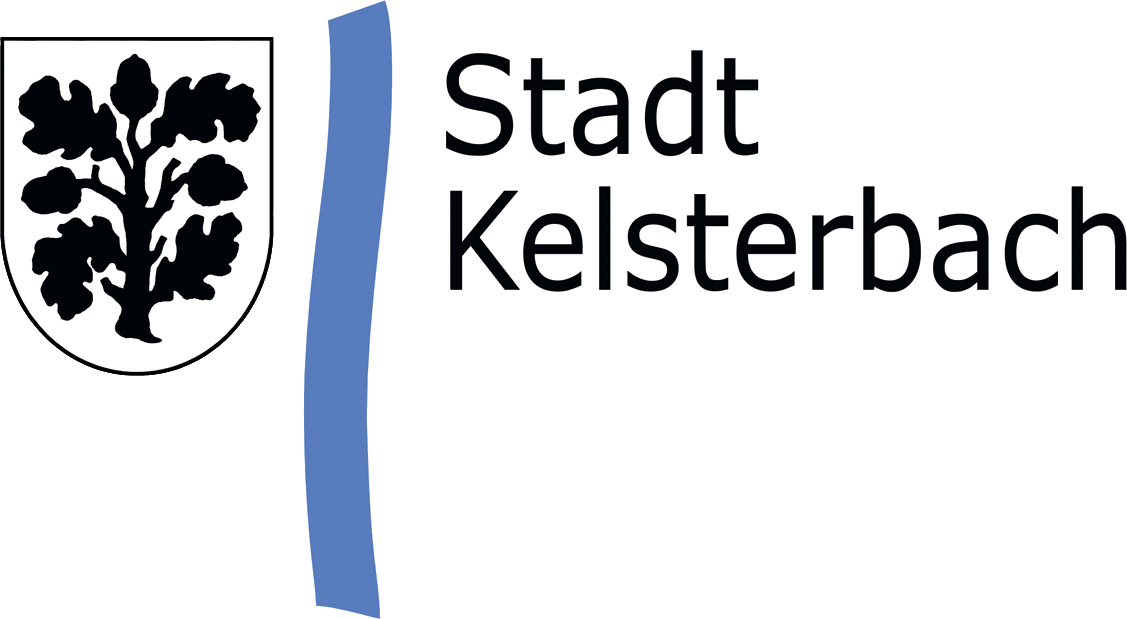

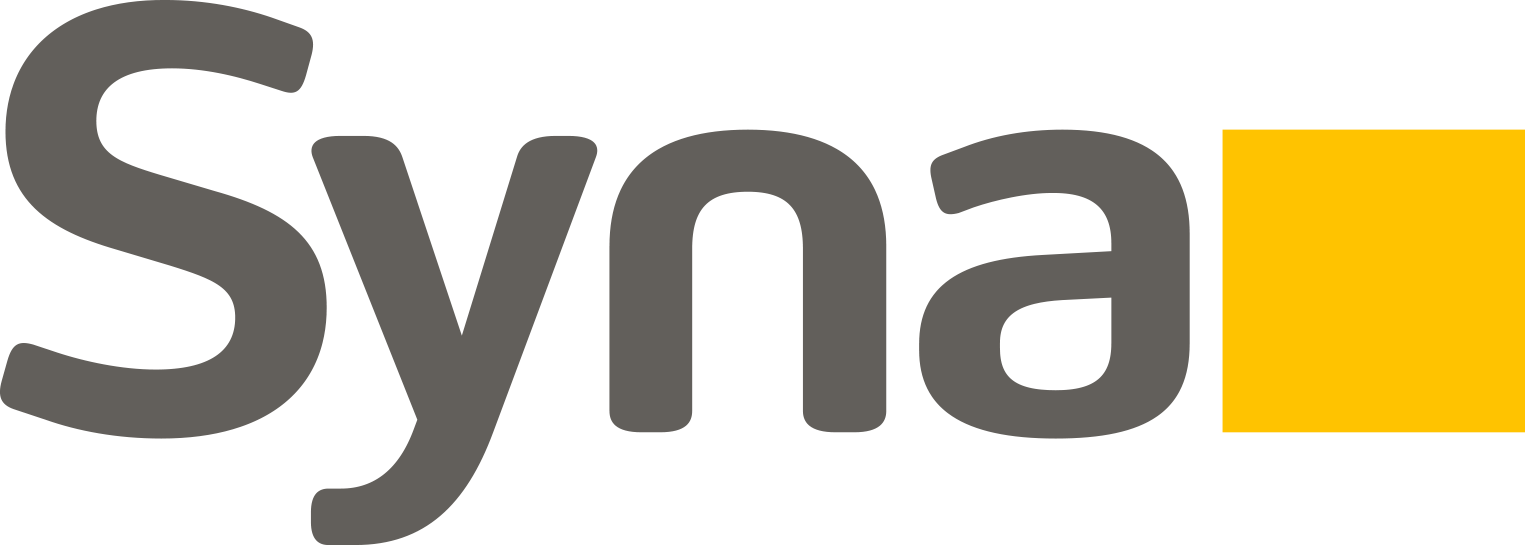
![[Translate to Englisch:] Telehouse Deutschland GmbH](/fileadmin/images/logos/Telehouse_Logo_transparent_CMYK_blau_ohne_slogan.png)
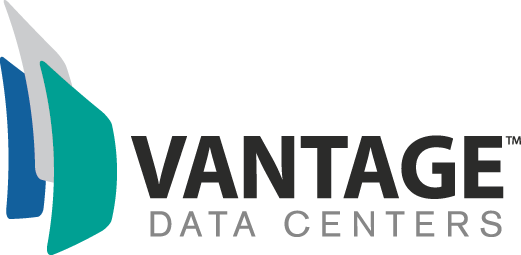
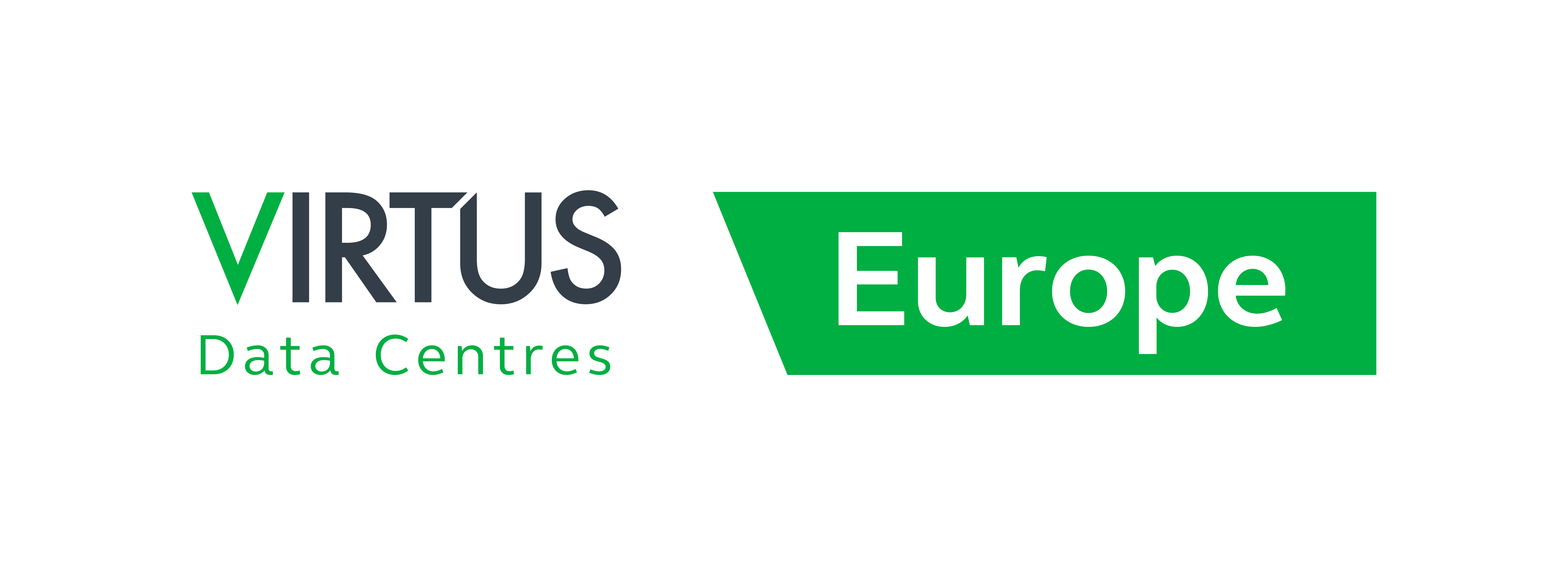


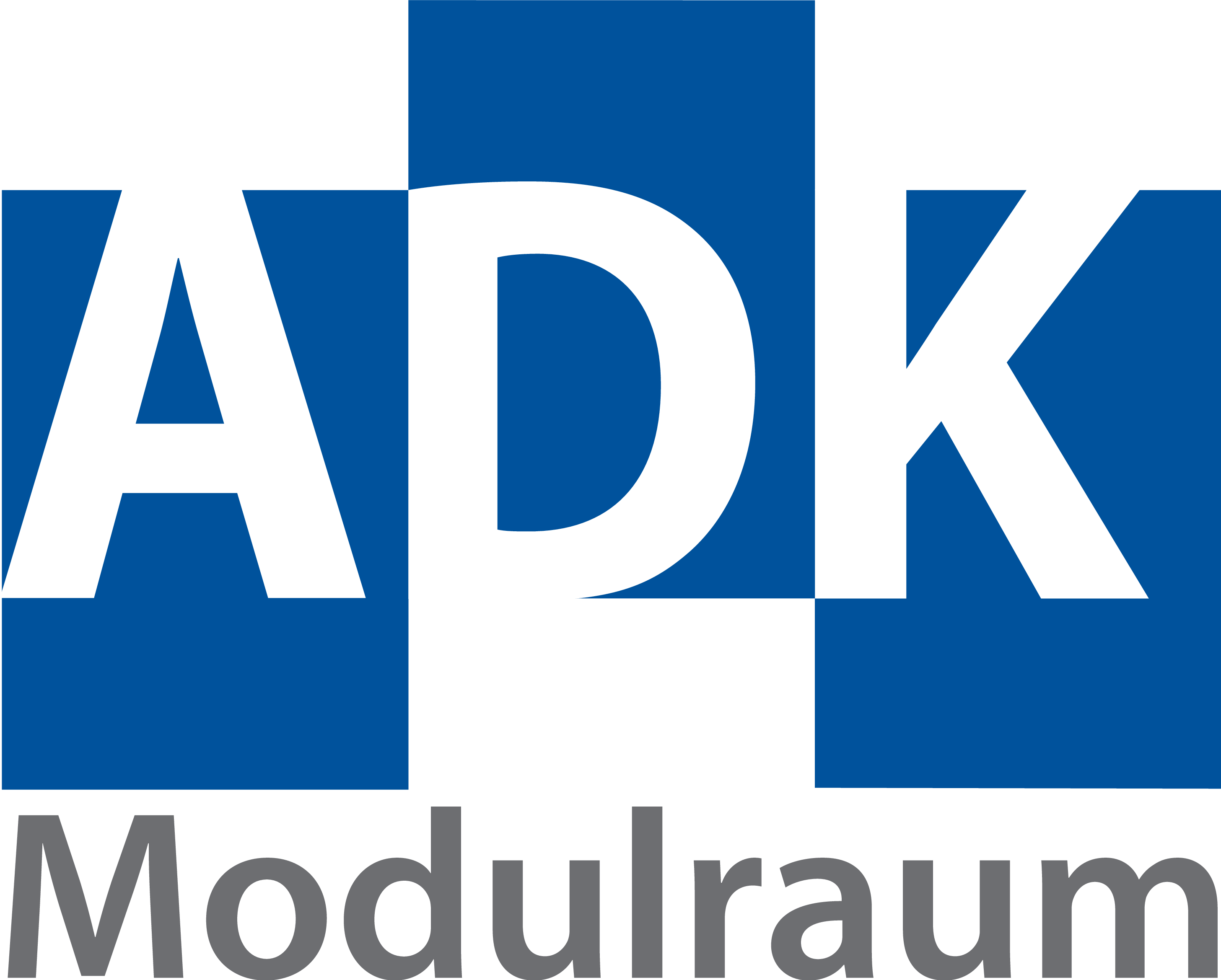
![[Translate to Englisch:] Adolf Lupp GmbH + Co. KG](/fileadmin/images/logos/Lupp-Logo.png)
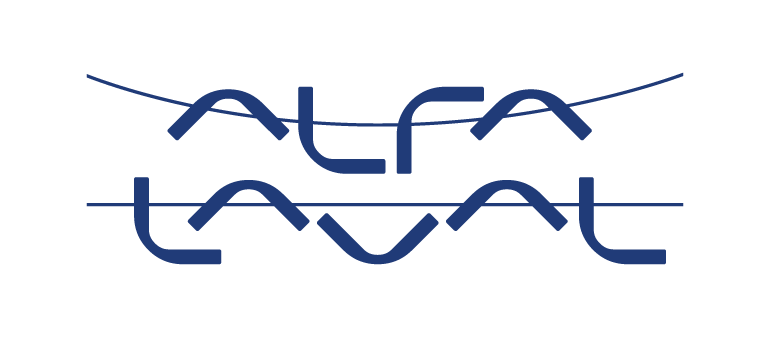


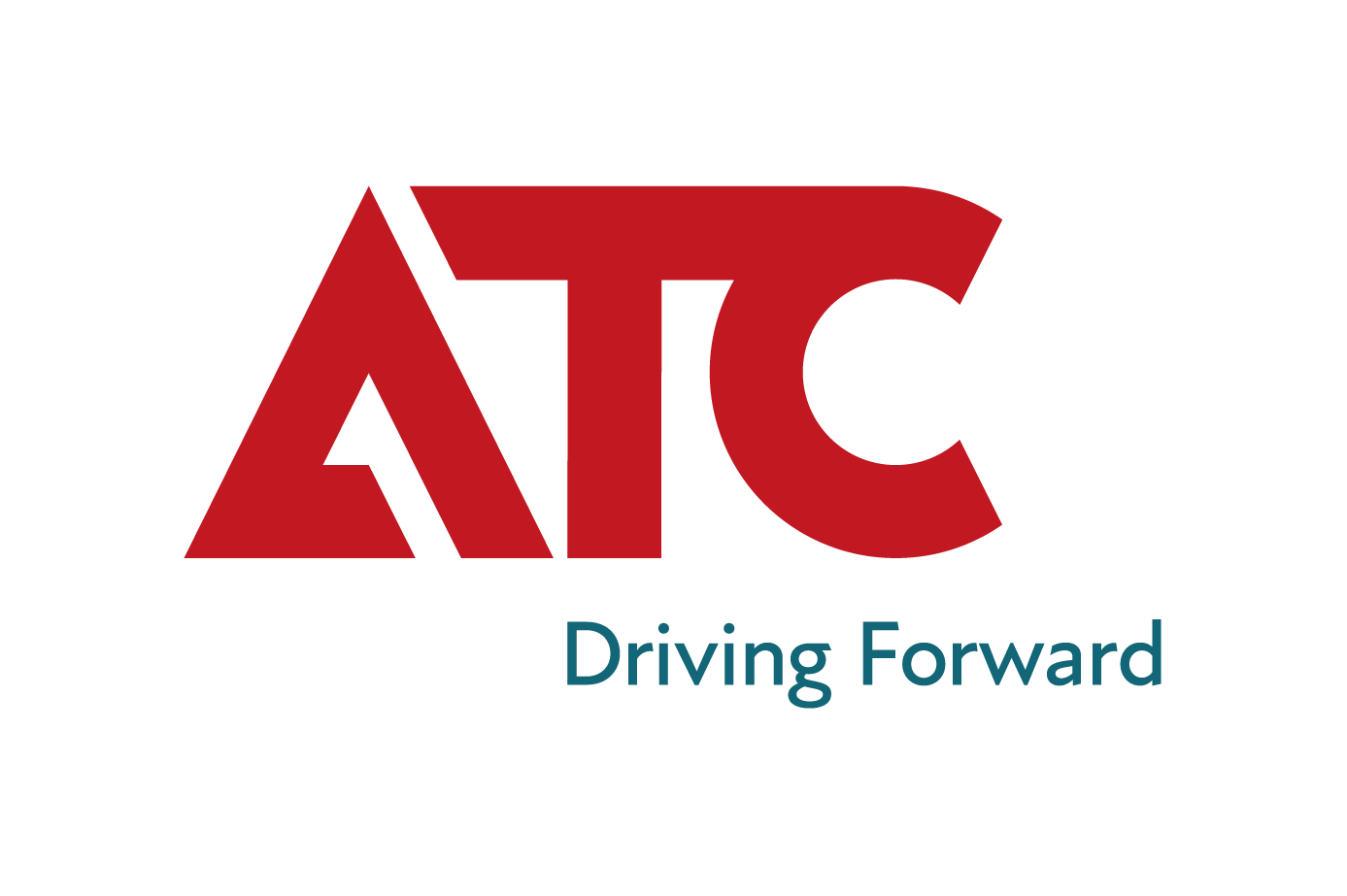
![[Translate to Englisch:] BCS](/fileadmin/images/logos/BCS_logo_RGB_Transparent.png)
![[Translate to Englisch:] Bennbrooke](/fileadmin/images/logos/logo_v3_hex_0085ad.png)

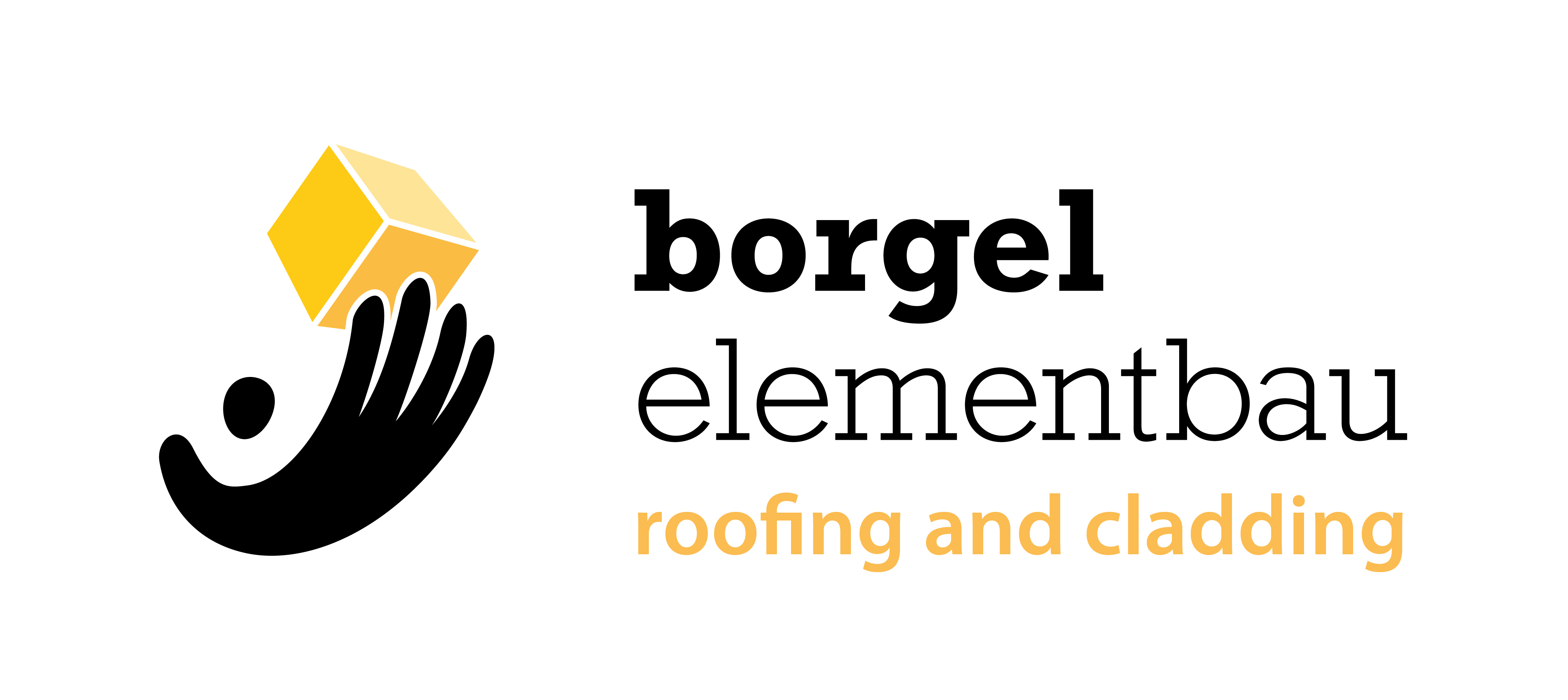





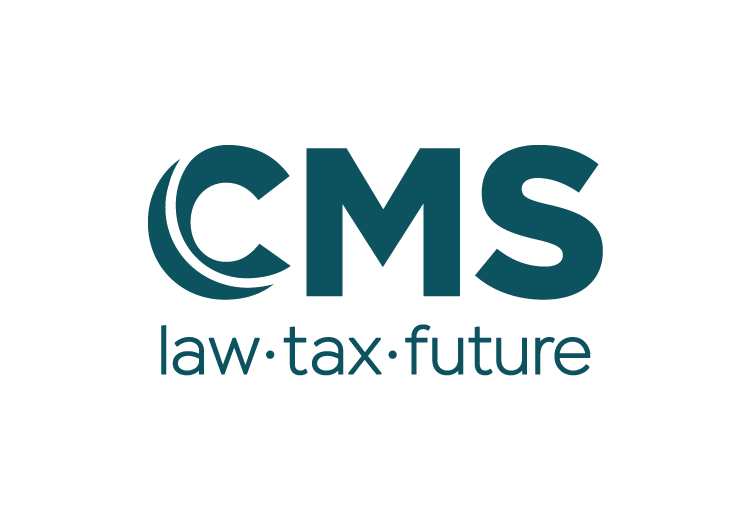
![[Translate to Englisch:] contagi DIGITAL IMPACT GROUP GmbH](/fileadmin/images/logos/contagi_logo.png)

![[Translate to Englisch:] COOLtec Systems GmbH](/fileadmin/images/logos/__COOLtec-Logo-farbig.png)






![[Translate to Englisch:] DEIF GmbH](/fileadmin/images/logos/DEIF__color_.jpg)
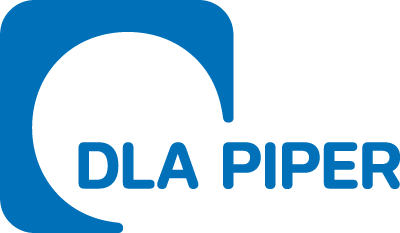
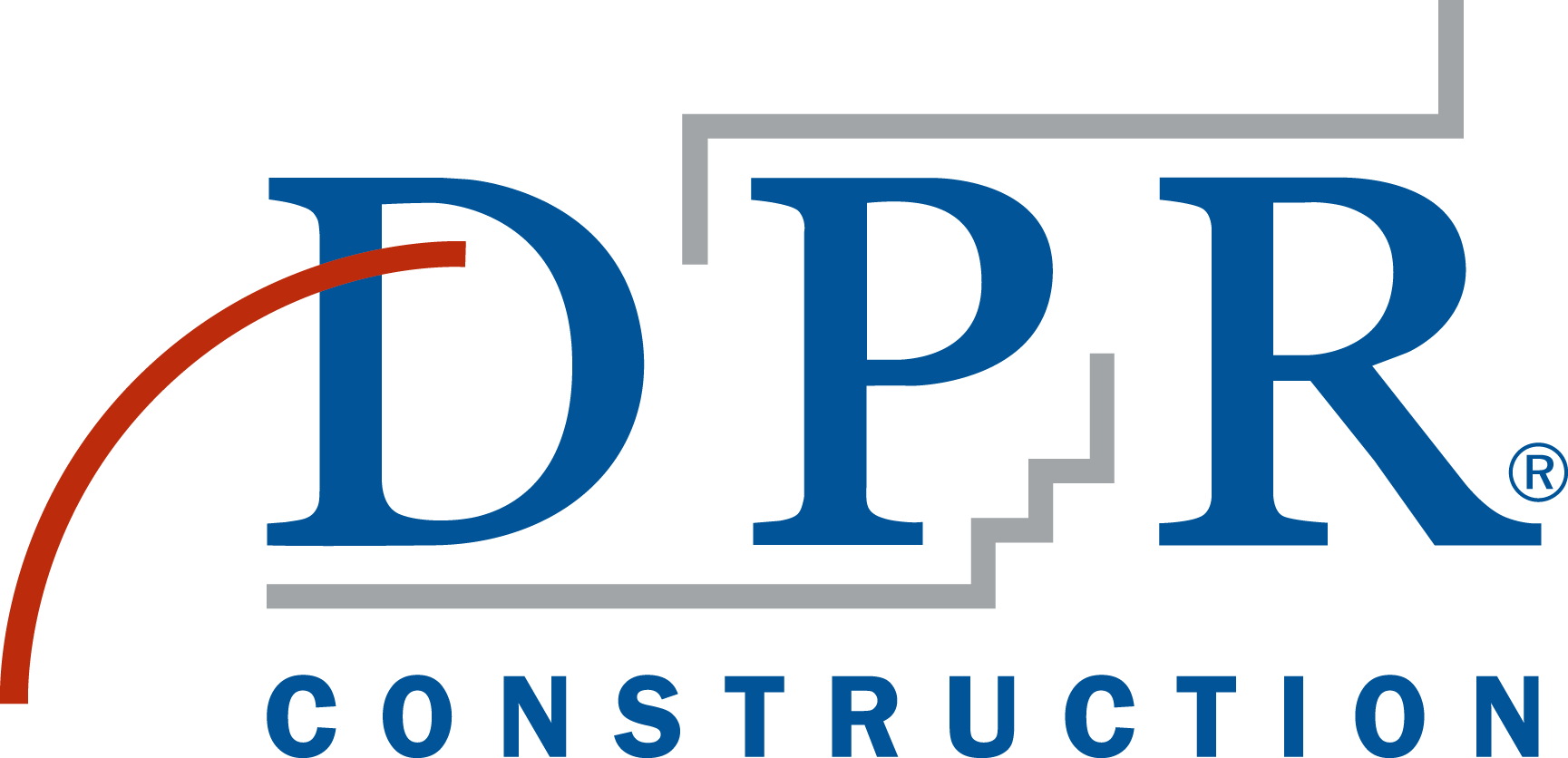
![[Translate to Englisch:] Drees & Sommer](/fileadmin/images/logos/DS_blau.png)


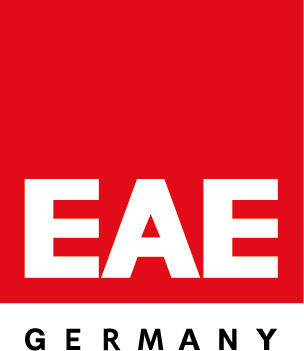
![[Translate to Englisch:] Eaton Electric GmbH](/fileadmin/images/logos/Eaton_Logo.png)




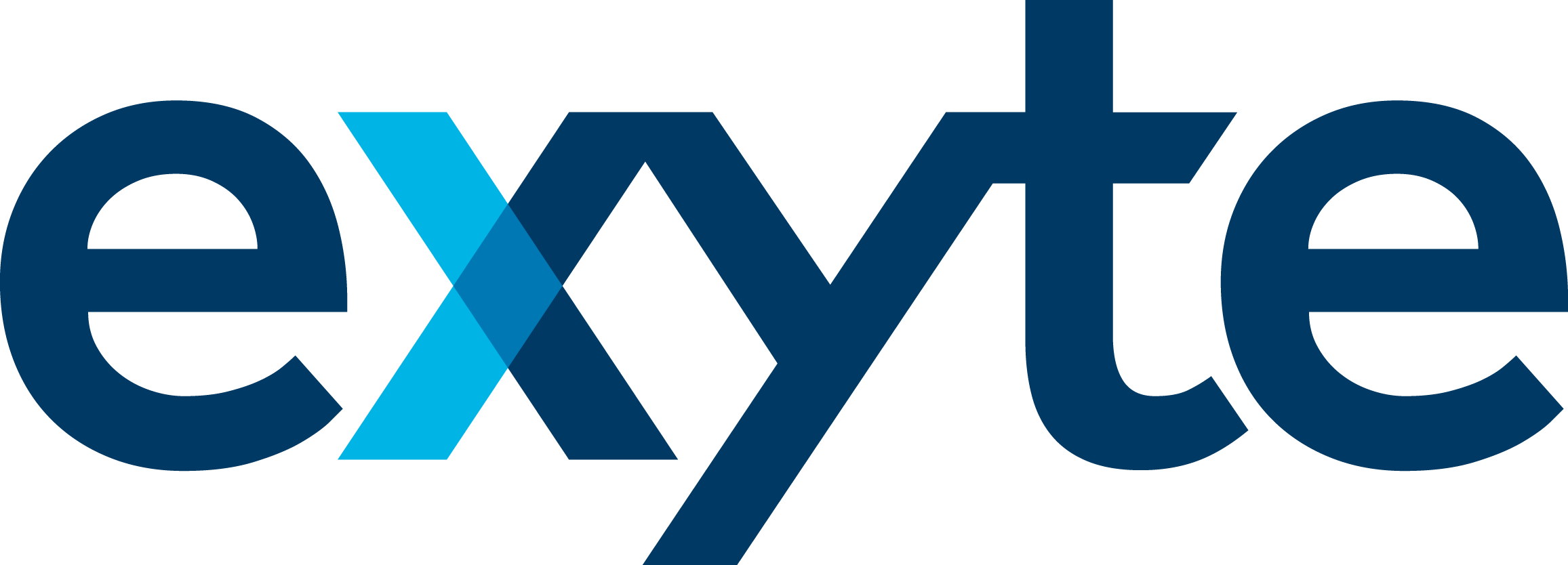
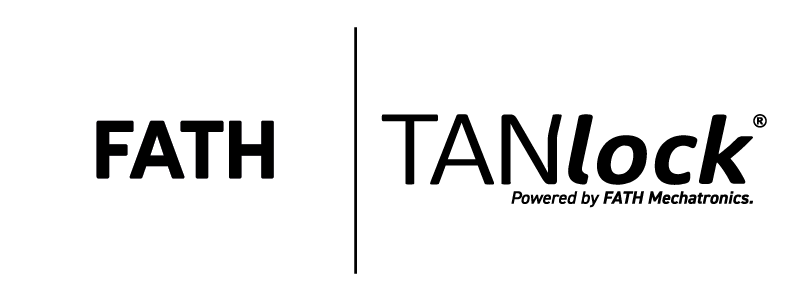



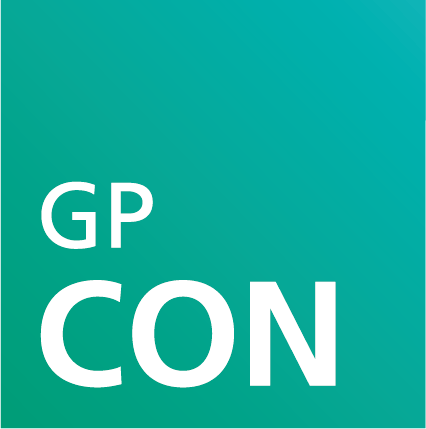

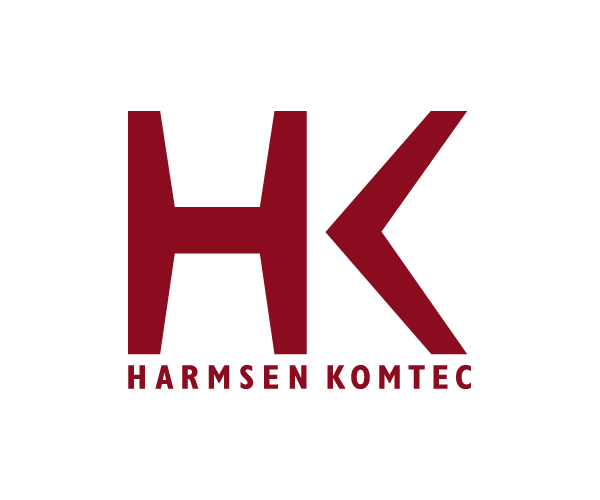










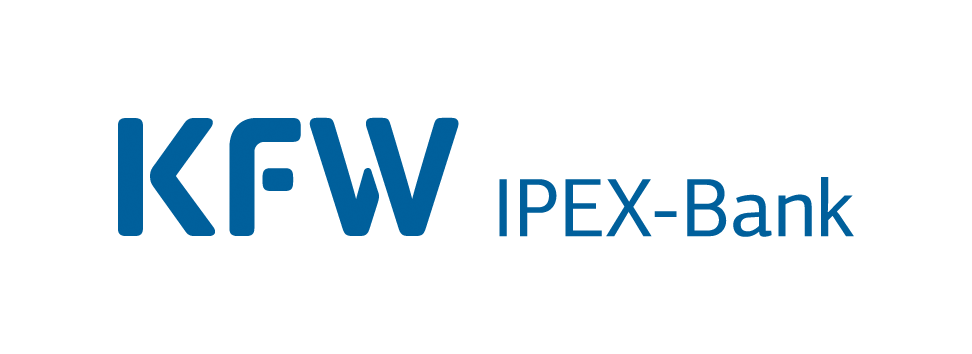









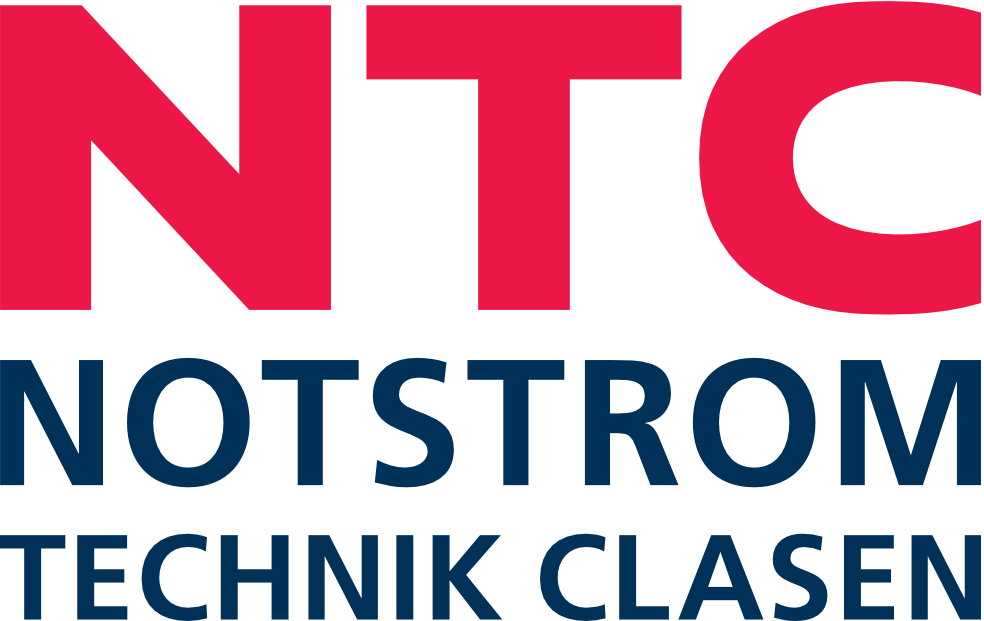


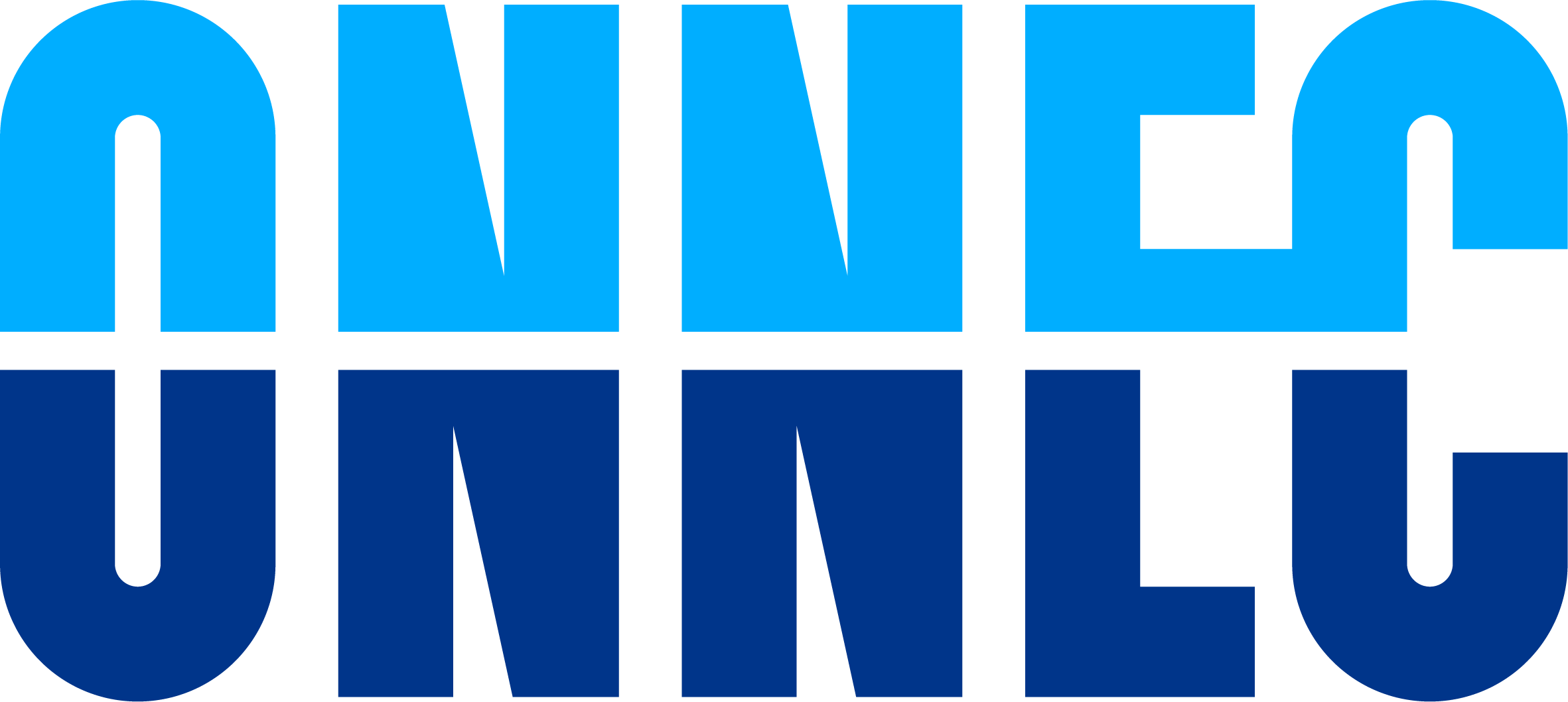

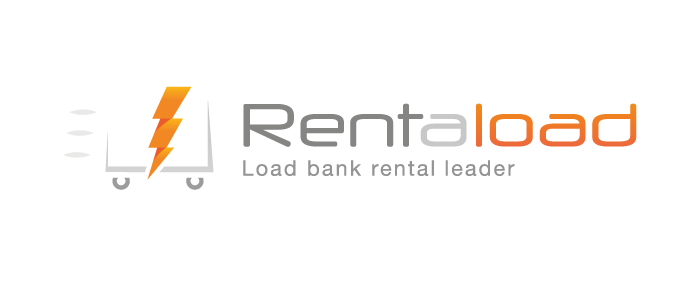

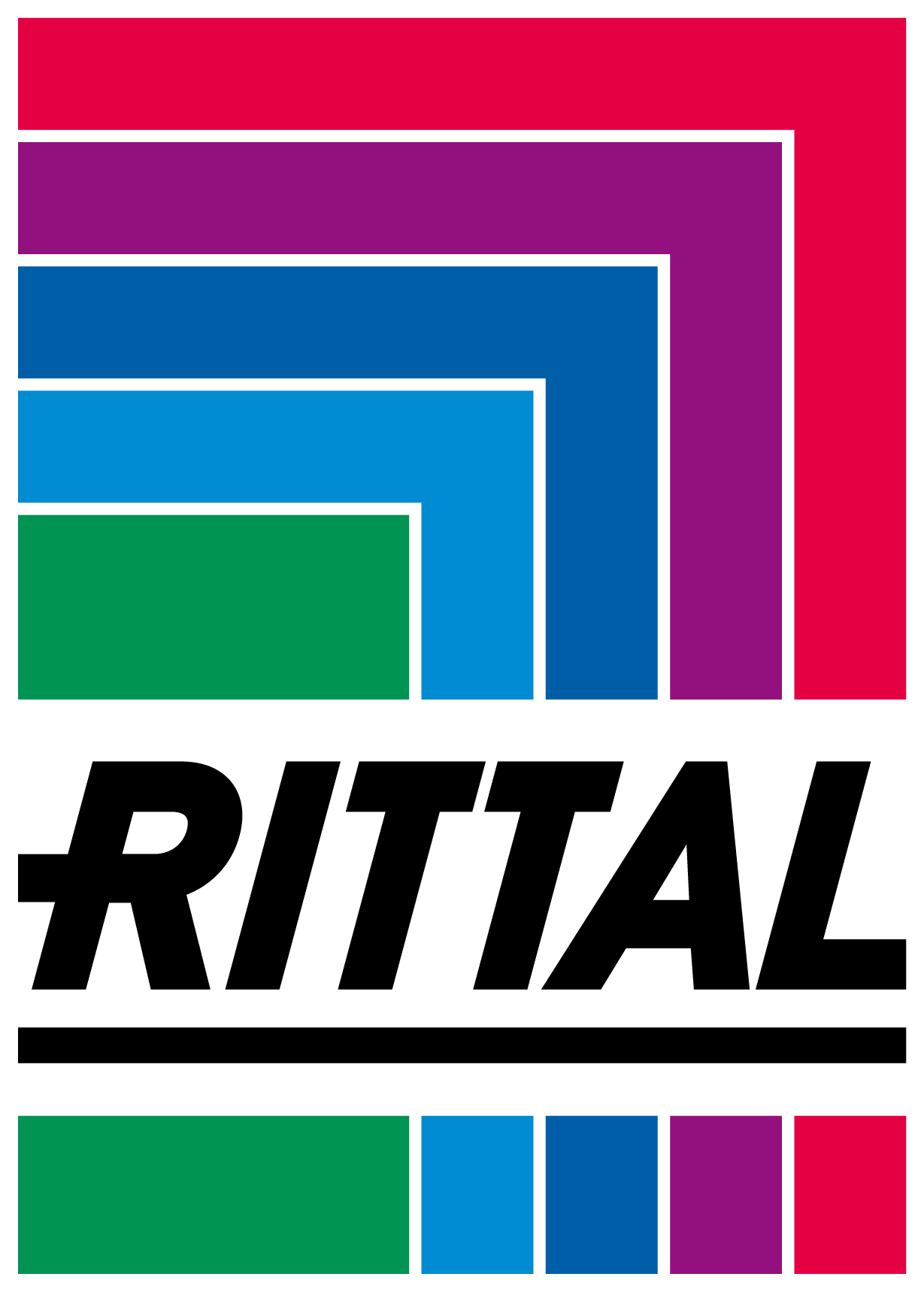

![[Translate to Englisch:] Robert Bosch GmbH](/fileadmin/images/logos/Bosch_symbol_logo_black_red.svg)

![[Translate to Englisch:] SGB-SMIT GmbH](/fileadmin/images/logos/SGB_SMIT_Logo_CMYK.png)

![[Translate to Englisch:] Sims Lifecycle Services](/fileadmin/images/logos/SLS_RGB.png)
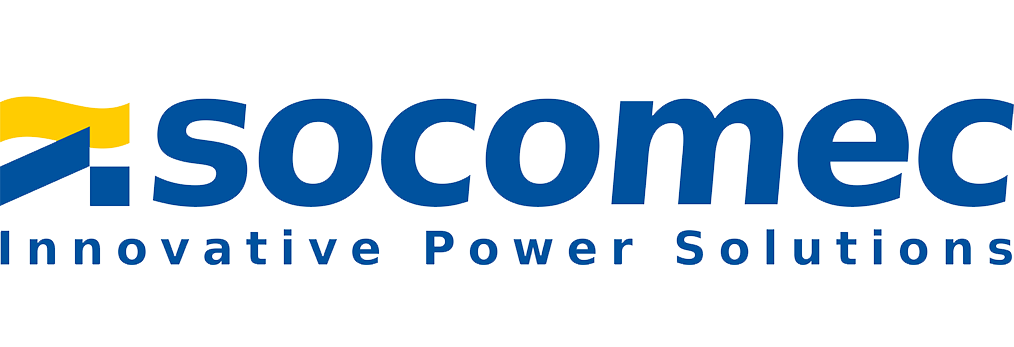
![[Translate to Englisch:] SPIE Deutschland und Zentraleuropa – Planen & Bauen](/fileadmin/images/logos/Planen-_-Bauen-GmbH.png)

![[Translate to Englisch:] Stengel GmbH](/fileadmin/images/logos/Stengel_it.svg)


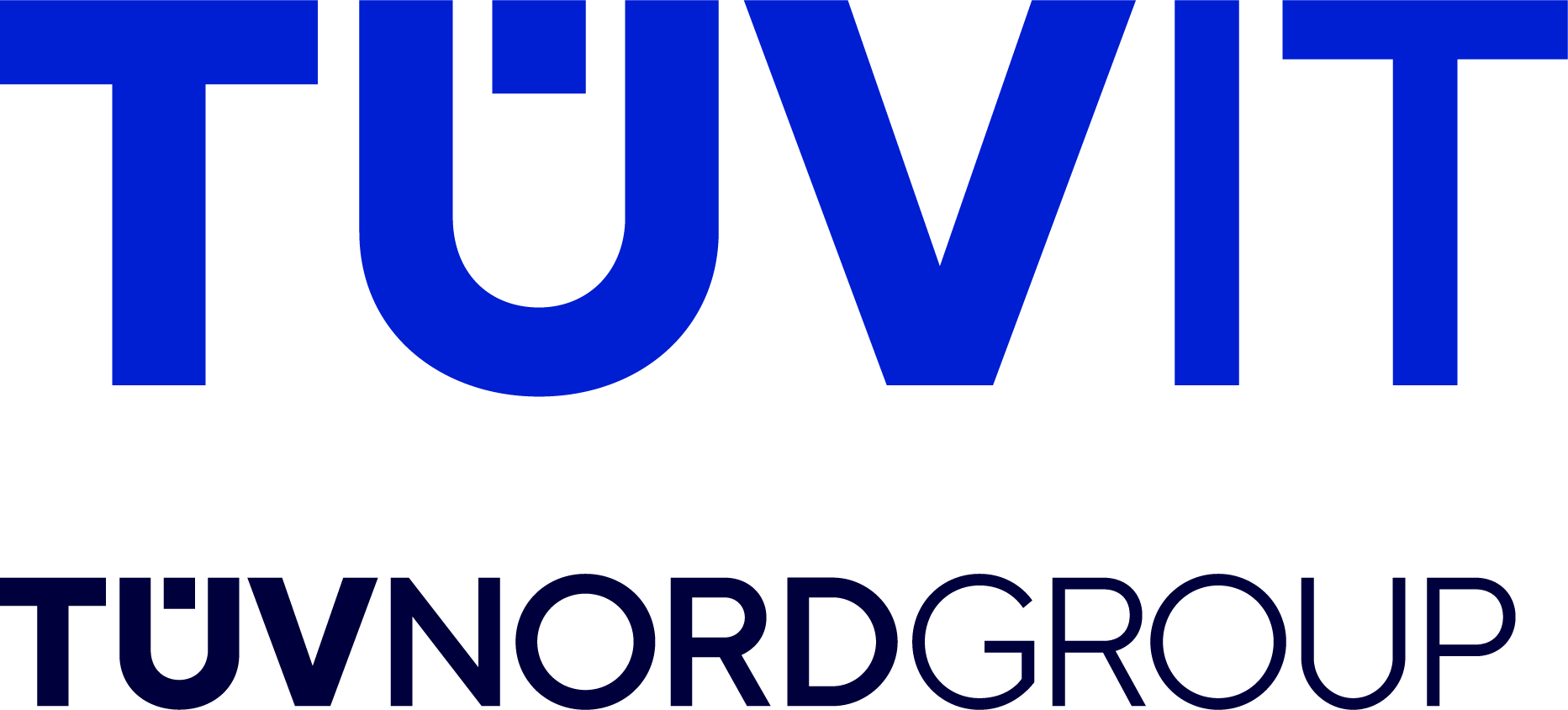
![[Translate to Englisch:] Vertiv](/fileadmin/images/logos/ver_logo_tm_vrt_rgb_blk.png)
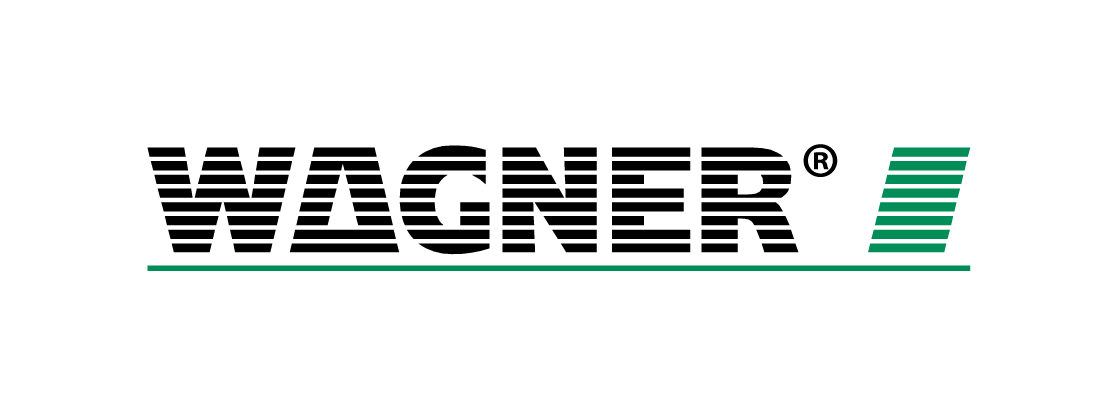




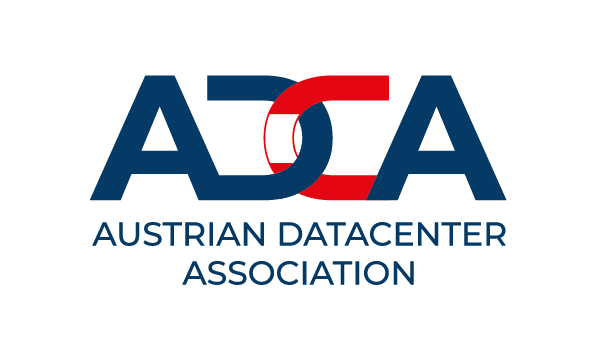





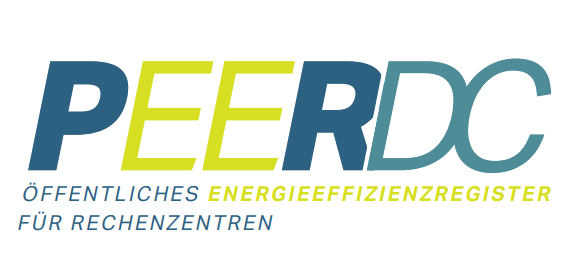




![[Translate to Englisch:] Targa Communications Targa Communications](/fileadmin/images/logos/targa_start_r-g.svg)